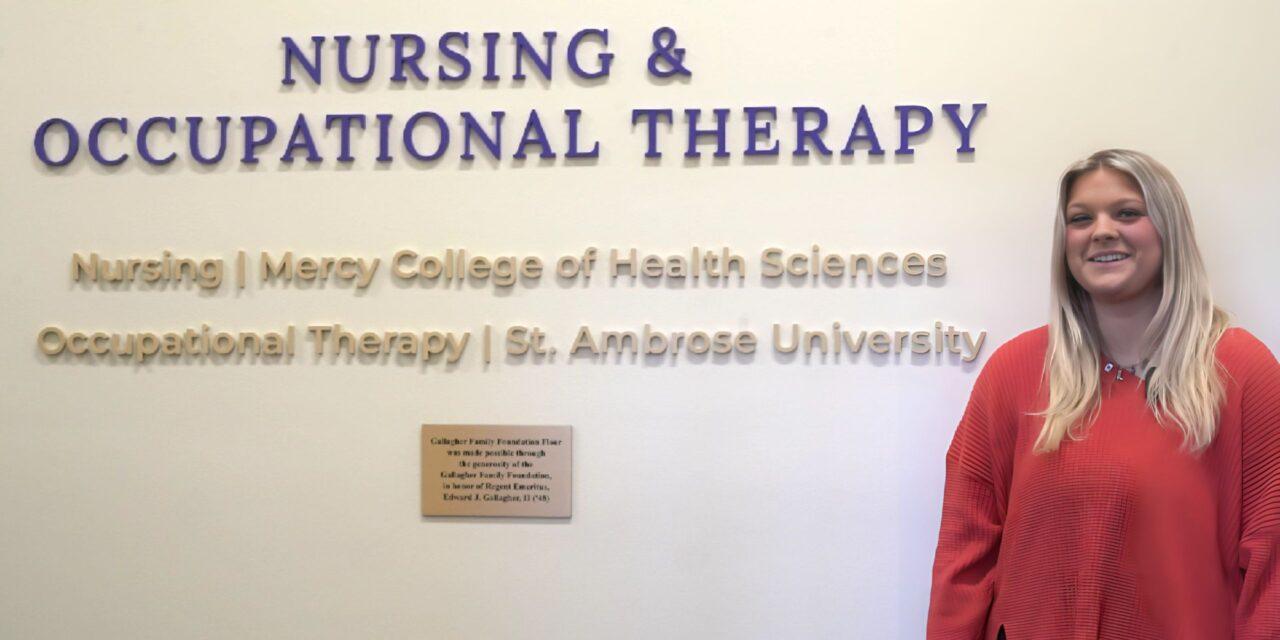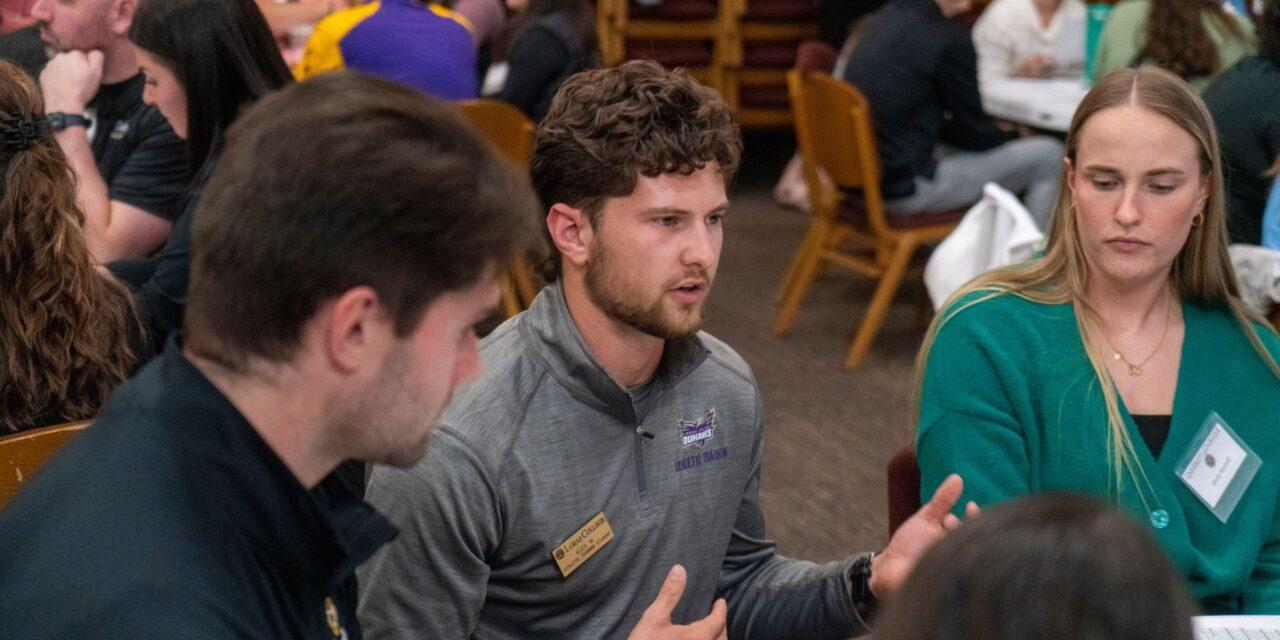Over J-term break, I had the opportunity to participate in a TREC (Think-Reflect-Engage-Connect) trip through Spiritual Life. I became interested in the Arizona-Mexico border trip because being from the Midwest, it’s a culture I’ve never experienced before. While in college, we have time and opportunities like these to see distinct parts of the country and world that might not be available to us once we graduate. I also wanted to learn more about immigration issues.
The trip lasted about a week, and it was one of the most eye-opening, yet emotionally draining, weeks of my life. The first big takeaway from this trip for me is that it humanized the immigrant’s experience. By talking to migrants at the Kino shelter in Mexico, I learned that most people are fleeing some type of violence, whether it’s family, work, government, or drug cartel related. These people have nowhere else to turn, no other options. Most people are seeking a safe place, somewhere to call home because their original home isn’t safe anymore. Yet, if you asked a migrant about their hometown, they usually talked about it with so much love and longing. They didn’t want to leave, but they had to.
Did you know that immigration logs are backed up by over 20 years? In different situations, cases from the late ’90s are only just being heard today. Some of the barriers to immigration include poverty and criminal histories, situations that many Americans looking for jobs are non-discriminated against when applying for certain positions.
The last major standout to me was something I never considered. Have you ever thought about the implications that building a 40-foot tall (seven feet of which are underground), almost 2,000-mile-long wall could have on the environment? What happens to animals when they cannot get to their home, when they’re barred from the places they are familiar with? They are forced to adapt, but not every animal can do this. Adaptation takes time, and many animals die because they have nowhere else to turn. We have yet to find out what effect this is having on the environment long term.
You may be thinking, “What can I do?” That’s what I was thinking, too. My simple yet not-so-simple answer is to educate yourself, accompany those around you by actively listening to their life experiences, and speak up against injustices, such as harmful policies or racist comments. Maybe even learn a second language. Changing the culture starts with you. What will you do about it?
This is a shorter version of an article that originally appeared in The Lorian on February 9.



